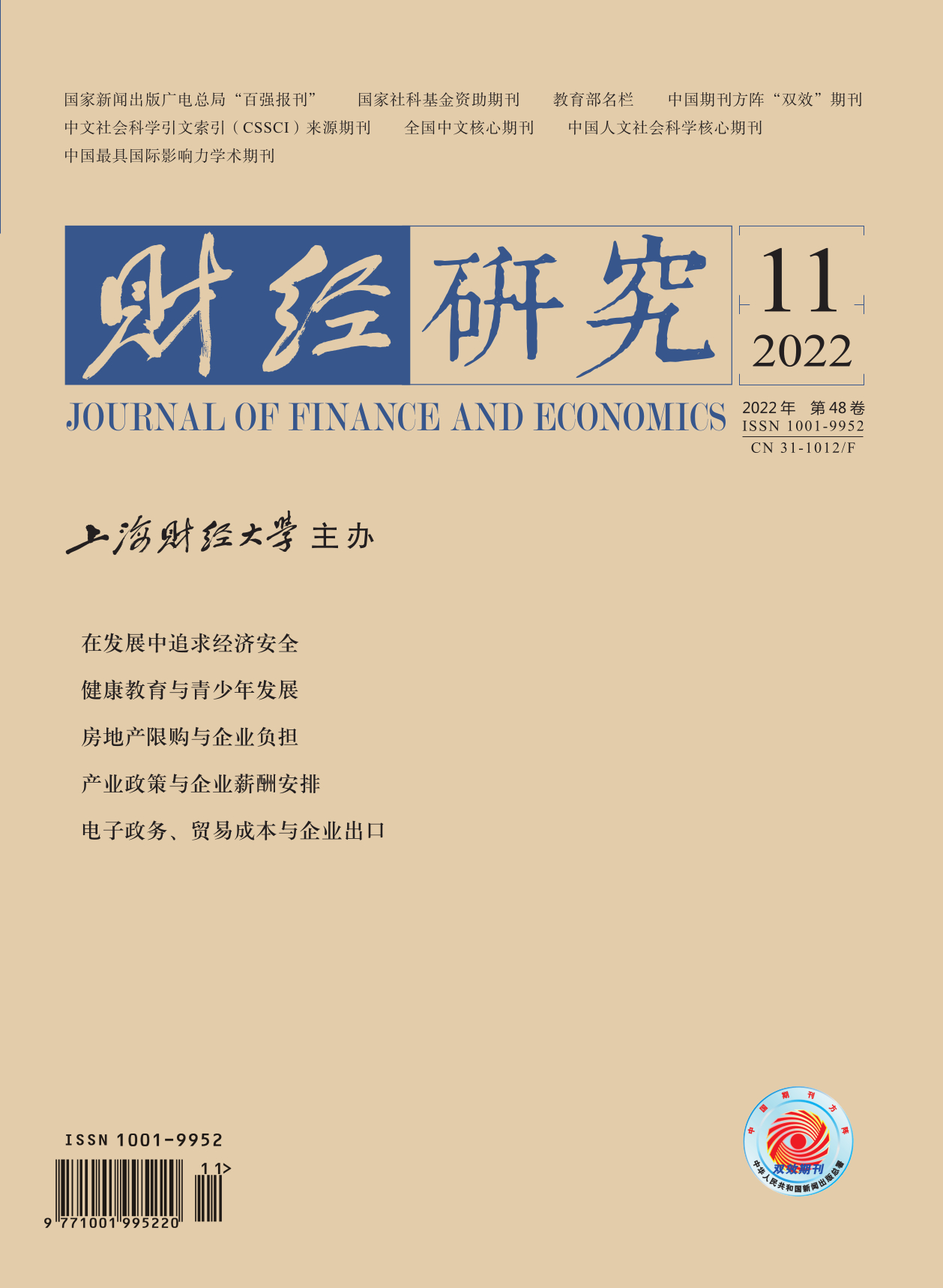Under the general tone of “housing for living in, not for speculation”, local governments have introduced corresponding purchase restriction policy to stabilize housing prices. However, in the context of land finance, this policy aiming at improving people’s livelihood may lead to local governments transferring the pressure of fiscal revenue to enterprises because of damage to land finance, which is explored in this paper using corporate tax burden and penalty expenditure as examples. Using the property purchase restriction policy as a shock, we construct a staggering DID model and find that: (1) The purchase restriction policy increases corporate tax burden and the fines imposed by the government, and this finding still holds after multiple robustness tests. Compared to cities without the purchase restriction policy, the overall corporate tax burden in cities with purchase restrictions increases by 6.25% on average, while fines increase by 46.67%. (2) Government tax collection and fines from local enterprises under purchase restrictions are strategic, with the purchase restriction policy affecting tax liabilities more among enterprises that are more easily directly influenced by governments (enterprises with government subsidies, or administered by the local tax bureau), while among enterprises that are less directly influenced (enterprises without government subsidies), the purchase restriction policy affects penalty expenditure more. (3) We further examine the structural impact of purchase restrictions on government revenue, and find that purchase restrictions reduce local land revenue and increase the local fiscal gap, but increase non-land revenue, which supports the existence of alternative revenue generation for local governments after the purchase restriction policy. (4) We find that the government system construction such as the level of government rule of law and vertical fiscal balance can restrain the strategic tax and fee enforcement behavior of local governments. This paper discusses the strategic enforcement behavior and its governance mechanism under the financial pressure of local governments from the perspective of corporate tax burden and penalty expenditure. The findings help to understand the impact of the purchase restriction policy in a more comprehensive manner, providing reference for the construction of China’s rule of law system and the scientific implementation of the “housing for living in, not for speculation” policy.
 / Journals / Journal of Finance and Economics
/ Journals / Journal of Finance and EconomicsJournal of Finance and Economics
LiuYuanchun, Editor-in-Chief
ZhengChunrong, Vice Executive Editor-in-Chief
YaoLan BaoXiaohua HuangJun, Vice Editor-in-Chief
Housing Purchase Restriction and Enterprise Burden: Evidence from Corporate Tax Burden and Penalty Expenditure
Journal of Finance and Economics Vol. 48, Issue 11, pp. 64 - 78,93 (2022) DOI:10.16538/j.cnki.jfe.20220914.301
Summary
References
Summary
Cite this article
Cao Chunfang, Tu Manman, Xia Changyuan. Housing Purchase Restriction and Enterprise Burden: Evidence from Corporate Tax Burden and Penalty Expenditure[J]. Journal of Finance and Economics, 2022, 48(11): 64-78.
Export Citations as:
For
ISSUE COVER
RELATED ARTICLES




 6234
6234  5878
5878

